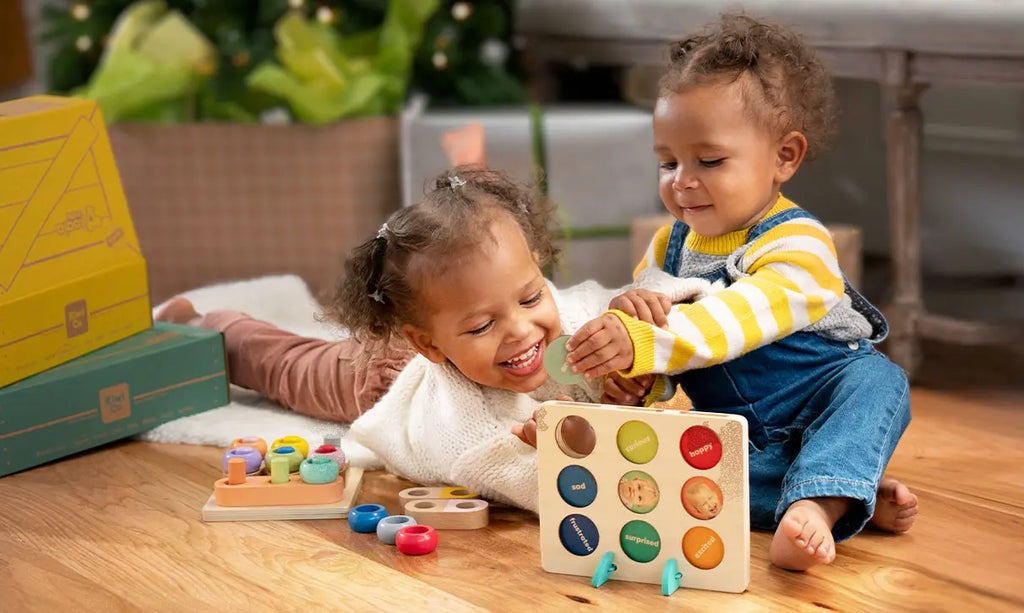
The Importance of Kids’ Toys in Child Development
Toys are more than just a source of fun and entertainment for children—they play a vital role in a child’s growth and development. From the earliest stages of life mainasik, kids use toys to explore the world around them, develop essential life skills, and express their creativity.
Why Are Toys Important for Children?
Toys are essential tools in early childhood development. They contribute to the physical, emotional, social, and cognitive growth of a child. Here’s how:
-
Cognitive Development
Puzzles, building blocks, and educational games challenge a child’s thinking and problem-solving skills. These toys help improve memory, attention span, and the ability to make decisions. -
Motor Skills Development
Toys like stacking rings, balls, and ride-on toys improve both fine and gross motor skills. Simple actions like grabbing, stacking, or throwing enhance coordination and muscle strength. -
Language and Communication
Dolls, action figures, and pretend play sets encourage storytelling and dialogue. These interactions help children expand their vocabulary and practice expressing themselves clearly. -
Social and Emotional Skills
Playing with others teaches children how to share, cooperate, and resolve conflicts. Role-playing also helps kids understand emotions, both their own and others’, fostering empathy and emotional intelligence. -
Creativity and Imagination
Arts and crafts, building sets, and dress-up costumes allow children to explore their imagination. This kind of play nurtures creative thinking, which is crucial for problem-solving and innovation later in life.
Types of Toys and Their Benefits
-
Educational Toys (e.g., alphabet puzzles, science kits): Encourage learning in a fun, engaging way.
-
Outdoor Toys (e.g., bicycles, trampolines): Promote physical activity and healthy habits.
-
Interactive Electronic Toys (e.g., talking books, smart robots): Combine entertainment with learning, especially in tech-savvy environments.
-
Classic Toys (e.g., Lego, Play-Doh, board games): Timeless tools for creativity, teamwork, and tactile learning.
Choosing the Right Toys
When selecting toys for kids, consider these tips:
-
Age Appropriateness: Always check the age guidelines to ensure safety and proper developmental fit.
-
Educational Value: Look for toys that challenge the mind as well as entertain.
-
Safety Standards: Ensure the toy is non-toxic and free of small parts if it’s for younger children.
-
Durability: High-quality toys last longer and are often safer.
The Role of Parents and Guardians
While toys are important, parental involvement is just as crucial. Parents should take time to play with their children, guide them through new activities, and help them understand what they are learning through play. This strengthens the parent-child bond and provides emotional support.
Conclusion
Toys are not just playthings—they are powerful learning tools that contribute to a child’s overall development. By choosing the right toys and engaging in playtime, adults can help children grow into well-rounded, confident, and intelligent individuals. So next time you see a child at play, remember: it’s not just fun—it’s the foundation of their future.